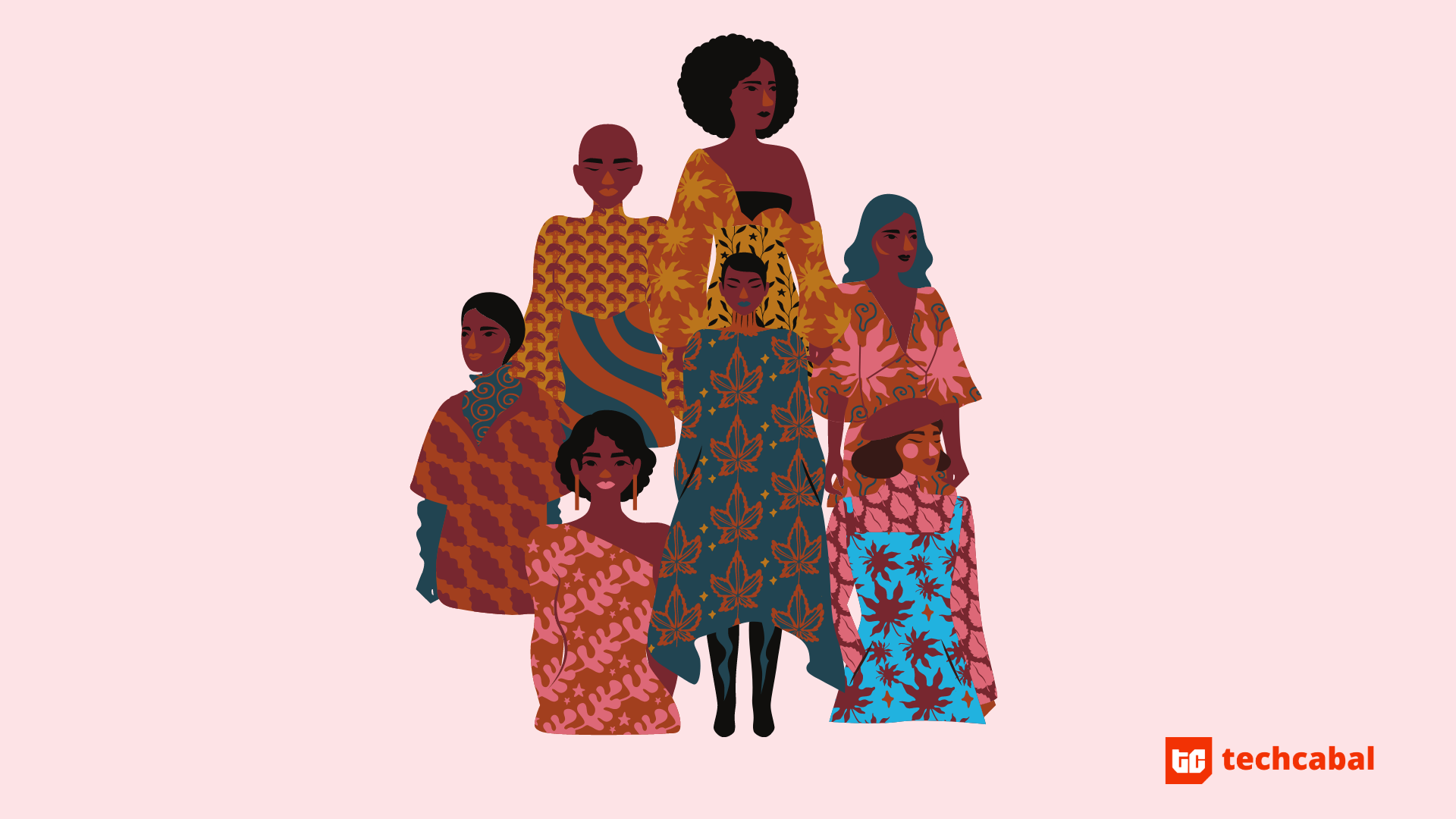Since the term was coined in 2016, femtech, a sub-sector in health technology dedicated to creating solutions that address female wellbeing continues to gain traction and attract VC funding globally. In Africa, however, the space is still very much in its budding phase. This segment is dedicated to telling stories of innovators, their solutions, the investors and challenges of the sector as it blooms in the continent.
Ugandan femtech company, CHIL AI Group wants to build a technology solution for every need of African women. It is a tall order but President and Chief Executive Officer, Dr. Shamim Nabuuma Kaliisa says the three-year old company is well on its way there.
Last year, Kaliisa was part of a group of African innovators who toured Asia under the Co-Creation Hub Pitchdrive program, seeking partnerships and funding from investors and manufacturers in the global technology hub.
At the time, the company was just CHIL AI Lab, manufacturing cervical and breast cancer self-test kits and offering women access to a less invasive path to early diagnosis. Through its AI-powered mobile app named Keti, women could consult with oncology experts, have samples collected and sent to laboratories, have their test results interpreted and advised on what next steps to take.
In sub-Saharan Africa, cervical cancers are the second leading cause of cancer among women and the leading cause of female cancer deaths. Caused by the Human Papillomavirus (HPV), a large percentage of fatalities result from diagnosis at an advanced stage where the cancer is untreatable.
Keti and the self-testing kits are among an increasingly prevalent group of self-diagnostic solutions that are furthering less-invasive and speedier diagnosis for women especially given the history of delayed diagnosis and the nature of screenings for diseases like cervical cancer, which are often intrusive and generally very discomforting.
As at last year, the company was turning in an annual revenue of US$300,000 and the kits are in use across 25 countries.
Fast forward a few months later and the company has metamorphosed into CHIL AI Group and is building out products in other sub sectors including agritech, fintech and drone technology targeted specifically at women.
“In Africa, women bear the biggest burden in running the day to day activities of their families,” Dr Kaliisa tells TechCabal.
“Helping women [solve personal challenges] not only helps women but the entire family.”
Under its new agritech business, CHIL AI Group is offering farmers a solar cold shed technology solution that the company says can keep vegetable produce fresh for at least 24 days and animal produce for a reasonable period.
The cooling technology solution is provided under a joint venture with Solercool, an American solar cooling technology company.
Its other agritech solution, Lima, uses artificial intelligence to predict pests attacks among other agricultural support provisions to farmers.
The new fintech business is something Kalissa first hinted at in 2019. Available in Uganda, DRC, and South Sudan, CHIL AI Group has developed a smart card savings plan to help cancer patients afford upfront medical costs when the need arises.
“In Uganda, health insurance penetration is below 5% with the majority of insurance consumers belonging to the more educated, urban population,” Kaliisa says.
“This leaves the largest percentage of marginalised people living in rural areas and paying out of pocket when there is any kind of sickness.”
The card is issued when a woman registers on the website and is instructed to download a mobile app and choose a savings package via which daily, weekly or monthly remittances not under US$1 can be made. With the smart card, users can digitally pay for upfront health costs with whatever amount saved up at the time.
“The fear of incurring out-of-pocket costs can hinder women from accessing healthcare when they need it,” Kaliisa says.
Women who do not have smart phones can still obtain and top up the cards by directly contacting the startup.
Under its drone services businesses, the company is offering drones for healthcare, e-commerce, and agricultural activities. They deliver samples to labs, spray chemicals over large swathes of farmland, or have items delivered to customers.
In the near future, the company is also looking to robotics to automate its medical consultation, interpretation and referral services and will begin testing the solution, Julie, by 2021.
It may seem like a tug in a lot of directions but partnerships with strategic international companies like Solercool and ADAG Health are making the roll outs of these services possible.
“I am looking at expanding my impact,” Kaliisa, who is a cancer survivor herself, says.
“Offering cancer screenings alone won’t bring food on table for these sick women.”
On average, women make up about 40-50% of sub-Saharan Africa’s agricultural workforce. In Uganda, this ratio could be as high as 56% and tools that ensure easier farm labour or reduce food losses by optimising storage technologies increase productivity and economic outcomes for them.
Last month, Kaliisa was selected to take part in the inaugural Future is Female Mentorship Program, a public relations and communications mentorship program dedicated exclusively to African tech female founders. The program, an initiative by C. Moore Media, is the first of its kind on the continent.
Under the program, Kaliisa and 11 other female founders will learn from global technology and non-technology companies how to better position and communicate their brands and businesses to grow and achieve the right kind of visibility.
“One of the reasons I applied for that program was because they are offering what I have not heard anyone offer,” she says.
“PR is the backbone of a business and in the end I hope to learn from experienced PR mentors how to achieve the same for CHIL AI Group.”
CHIL AI was born out of Kaliisa’s and her late mother’s struggle with cancer. Frustrated that women were often late when they arrived at the hospitals, she sought out to find ways to facilitate earlier and cheaper testing for women.
With the new direction of the company, Kaliisa is hoping to provide more women across the continent, particularly in low-income communities, with technology solutions across a wider range of sectors outside of health.
As a result of the dearth of women in technology, solutions that center women are often lost in the sea of technology innovation happening across the globe. Not only does this deprive women of the chance to reap the benefits that digital tools avail, it deprives women from innovation that takes into consideration the specificity of being and moving through the world as female.
“We are mothers of continents,” Kaliisa says.
“Just like the saying goes, what affects mama affects everyone. Unless we help women live better lives, less will be accomplished in terms of family [and societal] development,” she says.





















